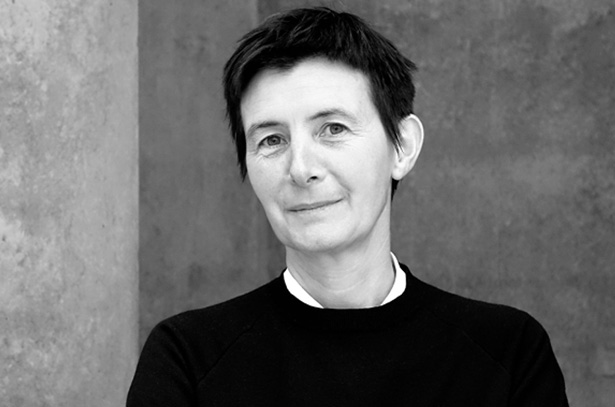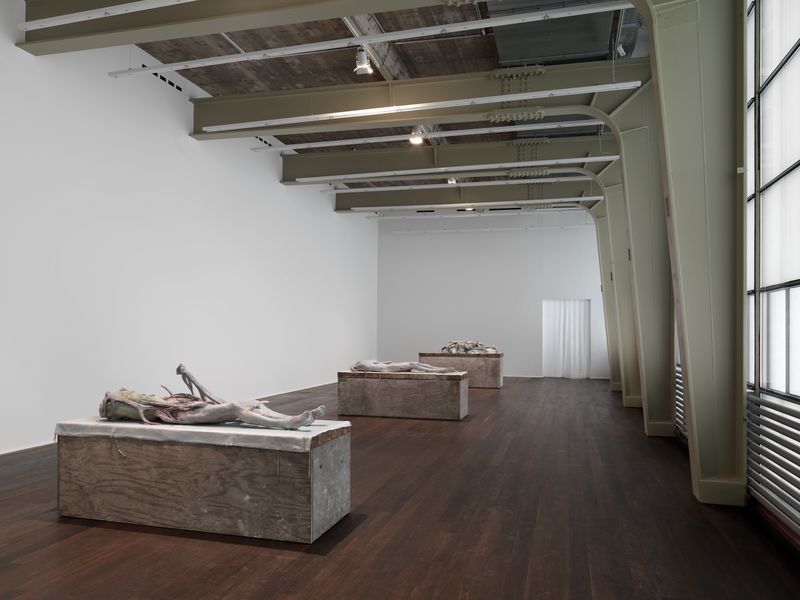
Berlinde De Bruyckere
Three Sculptures
17 November - 22 December 2012
Zürich
Installation views
Related Content
About the Artist

Berlinde De Bruyckere
Working with casts made of wax, animal skins, hair, textiles, metal and wood, Berlinde De Bruyckere renders haunting distortions of organic forms. The vulnerability and fragility of man, the suffering body—both human and animal—and the overwhelming power of nature are some of the core motifs of De Bruyckere’s oeuvre.
Born in Ghent, Belgium in 1964, where she currently lives and works, De Bruyckere is profoundly influenced by traditions of the Flemish Renaissance. Drawing from the legacies of the European Old Masters and Christian iconography, as well as mythology and cultural lore, De Bruyckere layers existing histories with new narratives suggested by current events to create a psychological terrain of pathos, tenderness and unease. The dualities of love and suffering, danger and protection, life and death and the human need for understanding are the universal themes De Bruyckere has been dealing with since the beginning of her career. ‘I want to show how helpless a body can be,’ De Bruyckere has said. ‘Which is nothing you have to be afraid of—it can be something beautiful.’
Current Exhibitions
1 / 10













